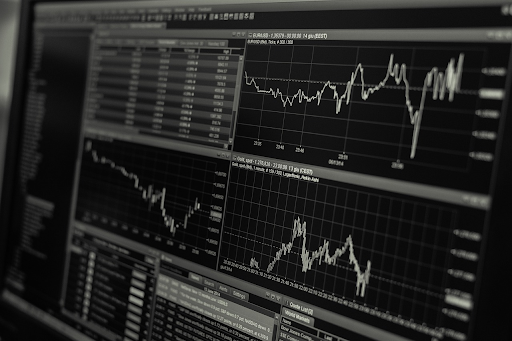Forex trading is gaining in popularity and attracts both experienced and amateur traders due to its promises of high returns. However, though there might be great potential for significant profits, it is knowledge of leverage and margins that could be your key to success – when used responsibly.
Table of Contents
Back to Basics: What are Leverage and Margins
Leverage is a convenient tool to have in your kit. It makes the top forex traders so good at what they do. With leverage trading, you are essentially getting a loan from your brokerage. By doing this, a trader can control more significant positions in the market by using the borrowed money. This means that should you opt to use leverage; you must be okay with having more exposure to the risk factors associated with trading.
On the other hand, we have margins. A margin is the amount of money a trader needs to have and maintain in their trading account to access the leverage amount. It is important to note that it is not the total value of the trade but only a fraction of it. The fraction is expressed as a percentage, and this is called the maintenance margin requirement.
Using Leverage Responsibly
While leveraging can magnify your profits, the flip side is that it also has the potential to amplify your losses. And this is where the cardinal rule is responsibility. The best piece of advice a trader will ever hear is this: Never risk more than you can afford to lose. The forex market can be volatile, resulting in traders losing their capital. New traders need to keep this advice in mind.
Margin Calls and Liquidation
Margin calls and liquidation are terms related to borrowing money to trade forex and other financial assets such as stocks.
A margin call happens when the value of your investment falls too much, and your broker asks you to add more money to cover potential losses. It is a warning that requires your attention.
Margin calls affect both retail and institutional traders. In July 2023, South African hedge fund M1 sued the Swiss bank Credit Suisse for a wrongful margin call.
A liquidation occurs if you can’t add more money (collateral) during a margin call. Liquidation is when the broker sells some or all your assets to repay the borrowed money. This is done to prevent further losses and ensure the lender (usually the broker) gets their money back. When liquidation happens, you lose all or a portion of your trading capital.
Forex traders aim to avoid liquidation like a plague.
Risk Mitigation Strategies for Traders
Beyond just understanding leverage and margin principles, any trader hoping to be successful needs to understand risk mitigation strategies and implement them effectively. Here are two methods that you need to be aware of:
Diversification
This concept involves spreading investments across different assets that fall into different risk classes. This will mitigate and reduce a trader’s risk of exposure.
Clear Stop-Loss Orders
Traders need to set up clear stop-loss orders. By doing so, traders add an extra layer of protection to their trades. A stop-loss order means that a stock will sell automatically once it drops to a certain price or by a certain percentage. If you know your maintenance margin requirement is 30%, you can set your stop-loss order at 25%, for example, to ensure you do not get a margin call.
Conclusion
The forex trading market is ever-changing and is influenced by current events, economic indicators, and geographical shifts. Both traders and brokers must stay informed.
Though a thorough understanding of leverage and margin principles is important, it is even more critical to keep up to date with events in the financial world so you can make informed, responsible decisions. Regularly check reputable sources, attend webinars, and participate in trading communities. All of these options can provide new traders with valuable insights.
















